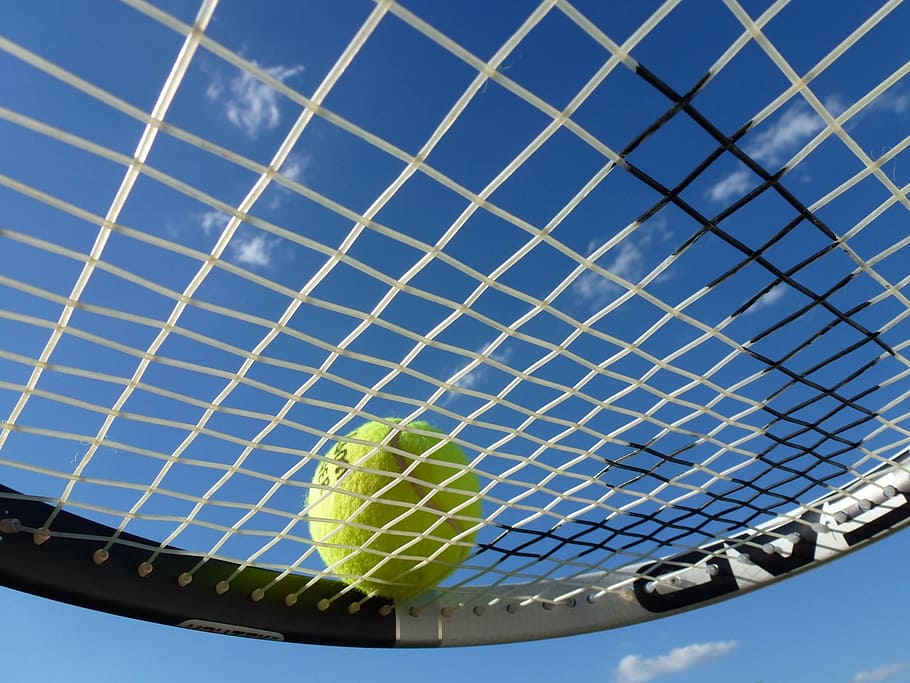7 Strategies Athletes Can Use to Combat Performance Anxiety
As an athlete, I’ve experienced firsthand the exhilaration of victory and the agony of defeat. But there’s another aspect of sports that often goes unnoticed – the mental game. Performance anxiety can be a relentless adversary, capable of crippling even the most skilled athletes. It’s the knot in your stomach before a big game, the racing heart, and the nagging doubt that can haunt your mind. But fear not! In this article, I’ll share seven powerful strategies that have helped me and countless other athletes combat anxiety and perform at our best when it matters most. As well, another product to checkout out to address performance anxiety is high-quality products at MrHempFlower.
The Nature of Performance Anxiety
Performance anxiety, often referred to as “stage fright” in sports, is a psychological condition that plagues athletes of all levels. It’s that overwhelming sense of nervousness or unease that occurs before or during a competition, impacting an athlete’s performance negatively. This anxiety can manifest in various ways, such as trembling, racing thoughts, sweaty palms, and even a sensation of “choking” under pressure.
So, what’s the root cause of anxiety? It often stems from the fear of failure, the pressure to succeed, or a lack of confidence. The brain perceives the upcoming competition as a threat, triggering the body’s fight-or-flight response. It, in turn, leads to a cascade of physical and mental symptoms that can hinder athletic performance.
7 Strategies Athletes Can Use to Combat Performance Anxiety
Performance anxiety – it’s that unwelcome guest that often arrives just before a big game, threatening to undermine your hard-earned skills and confidence. As an athlete, I know firsthand how crucial it is to conquer the mental battlefield. So, let me uncover some potent strategies to help you combat anxiety and unleash your full potential.
1. Mental Visualization
Picture this: It’s the eve of your championship match, and you’re feeling those pre-game jitters. Mental visualization is your secret weapon. Take a moment to close your eyes and envision yourself excelling in every detail. Feel the rush of adrenaline, hear the crowd’s roar, and embrace the exhilaration of victory. By doing this, you’re rewiring your brain to associate the event with success, effectively reducing anxiety.
Example: Before my first marathon, I’d sit quietly, visualizing myself crossing the finish line with arms triumphantly raised. This mental rehearsal boosted my focus and confidence on race day.
2. Deep Breathing and Relaxation
When anxiety begins to creep in, your breath can serve as your stabilizer. Deep breathing techniques offer a straightforward yet highly effective method for soothing frayed nerves. Inhale deliberately and slowly for a count of four, pause for four, and exhale for four. Reiterate this sequence multiple times. Engaging in progressive muscle relaxation, involving the deliberate tension and subsequent release of muscle groups, can further alleviate physical tension.
Example: During halftime in a high-stakes soccer match, I’d find a quiet corner to practice deep breathing. It worked like magic, helping me regain composure for a more robust second-half performance.
3. Delta 9 for Anxiety
In recent years, THC has emerged as a potential ally for athletes battling anxiety. Some athletes have reported positive experiences getting THC edibles online to use before competitions. However, consulting with a healthcare professional is crucial as regulations and effects can vary.
Example: Some athletes use these substances to alleviate anxiety and improve sleep quality, which plays a part in the final success.
4. Positive Self-Talk
The conversation within yourself can either be your most impactful mentor or your sternest judge. Cast aside those pessimistic thoughts and substitute them with optimistic affirmations. Rather than fixating on potential mishaps, focus on your strengths and past achievements.
Example: Swap “I can’t make this shot” with “I’ve trained for this moment, and I can do it.” The power of positive self-talk can’t be underestimated.
5. Preparation and Routine
Routines are comforting and grounding, especially before a competition. Establish a pre-game routine that makes you feel comfortable and in control. Stick to familiar warm-up exercises, rituals, and practices that anchor your confidence.
Example: Tennis legend Rafael Nadal’s meticulous pre-serve routine is legendary. It not only keeps him grounded but also prepares him for peak performance.
6. Mindfulness and Meditation
Mindfulness and meditation are powerful tools to help you stay present in the moment. Instead of worrying about the outcome, you can maintain focus and composure. These techniques can be particularly beneficial during competition.
Example: The late Kobe Bryant, a basketball legend, strongly advocated mindfulness meditation. He attributed it to enhancing his mental resilience on the court.
7. Seek Professional Help
If performance anxiety becomes a persistent hurdle that hampers your athletic career, don’t hesitate to contact a sports psychologist or counselor. They can provide tailored strategies and coping mechanisms to address your specific needs.
Example: Tennis superstar Serena Williams has spoken openly about her work with a sports psychologist to manage anxiety and maintain peak performance, proving that even the greatest athletes seek professional guidance.
Becoming the Master of Your Mind
Performance anxiety is a formidable opponent, but it’s not unbeatable. By incorporating these strategies into your athletic journey, you can build mental resilience, boost confidence, and perform at your best when it matters most. Remember, it’s not about eliminating anxiety; it’s about managing it and using it as a source of energy and focus. So, lace up your shoes, step onto that field, and conquer the inner game – because victory starts in the mind.





















